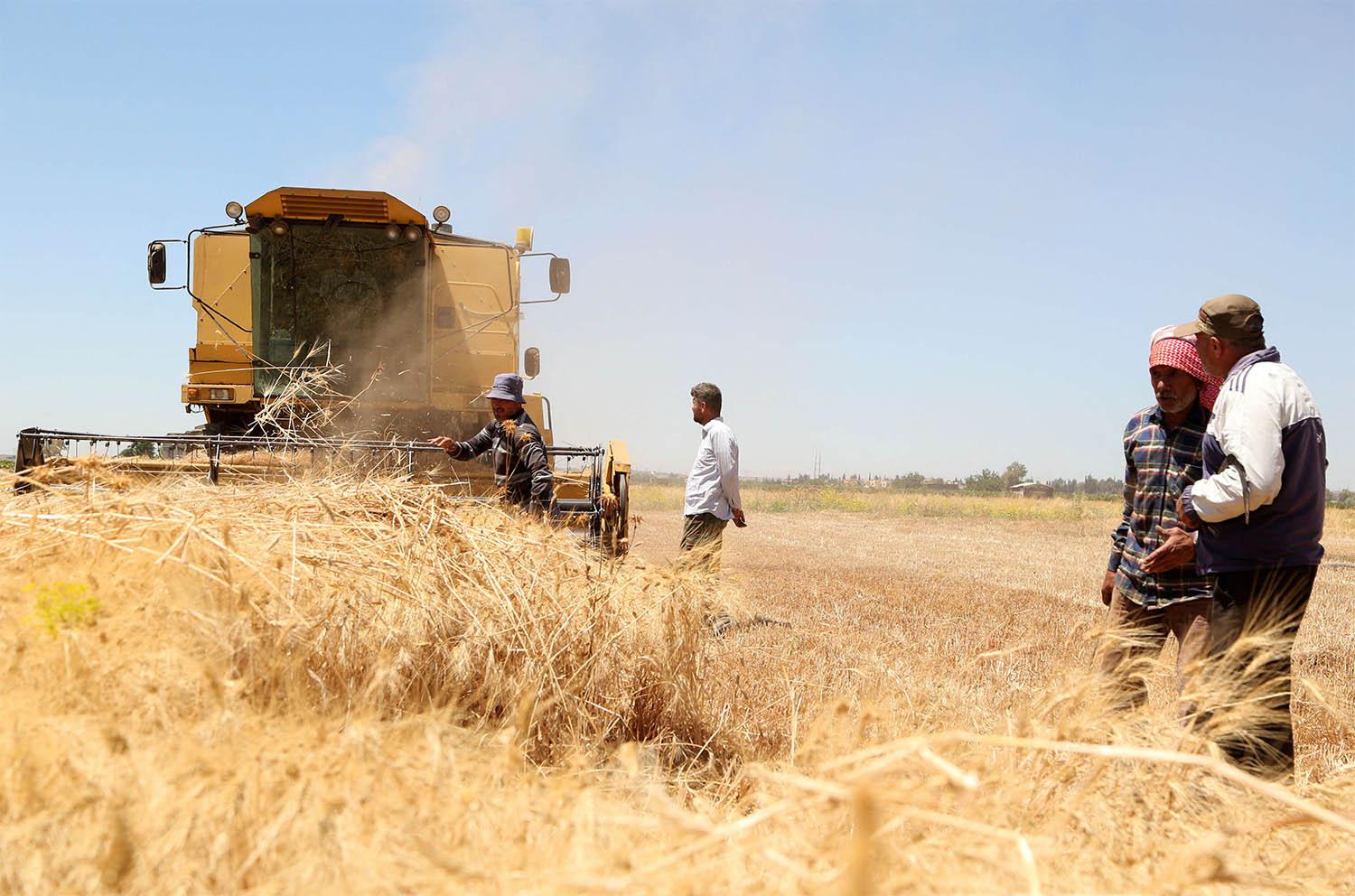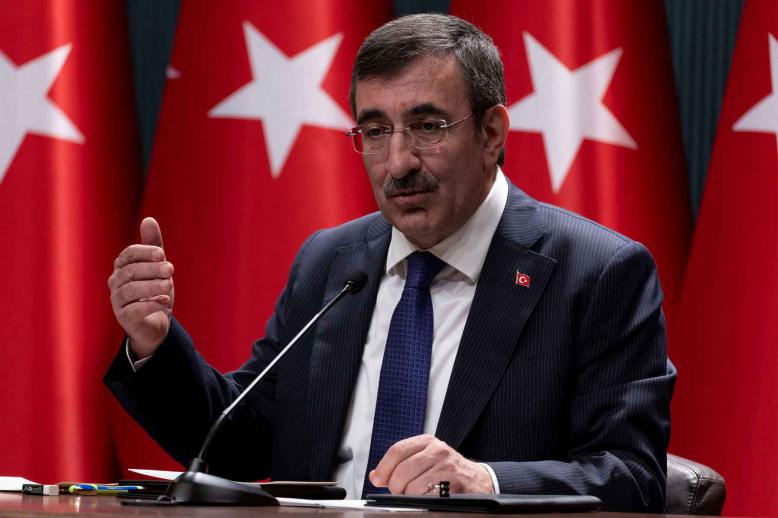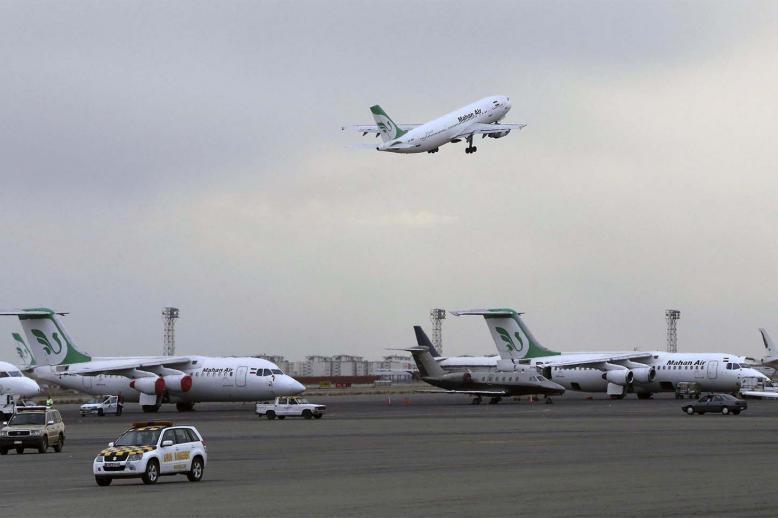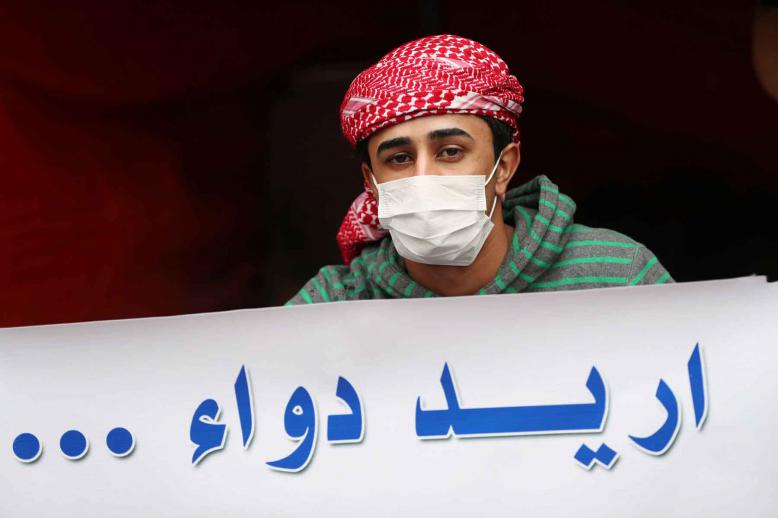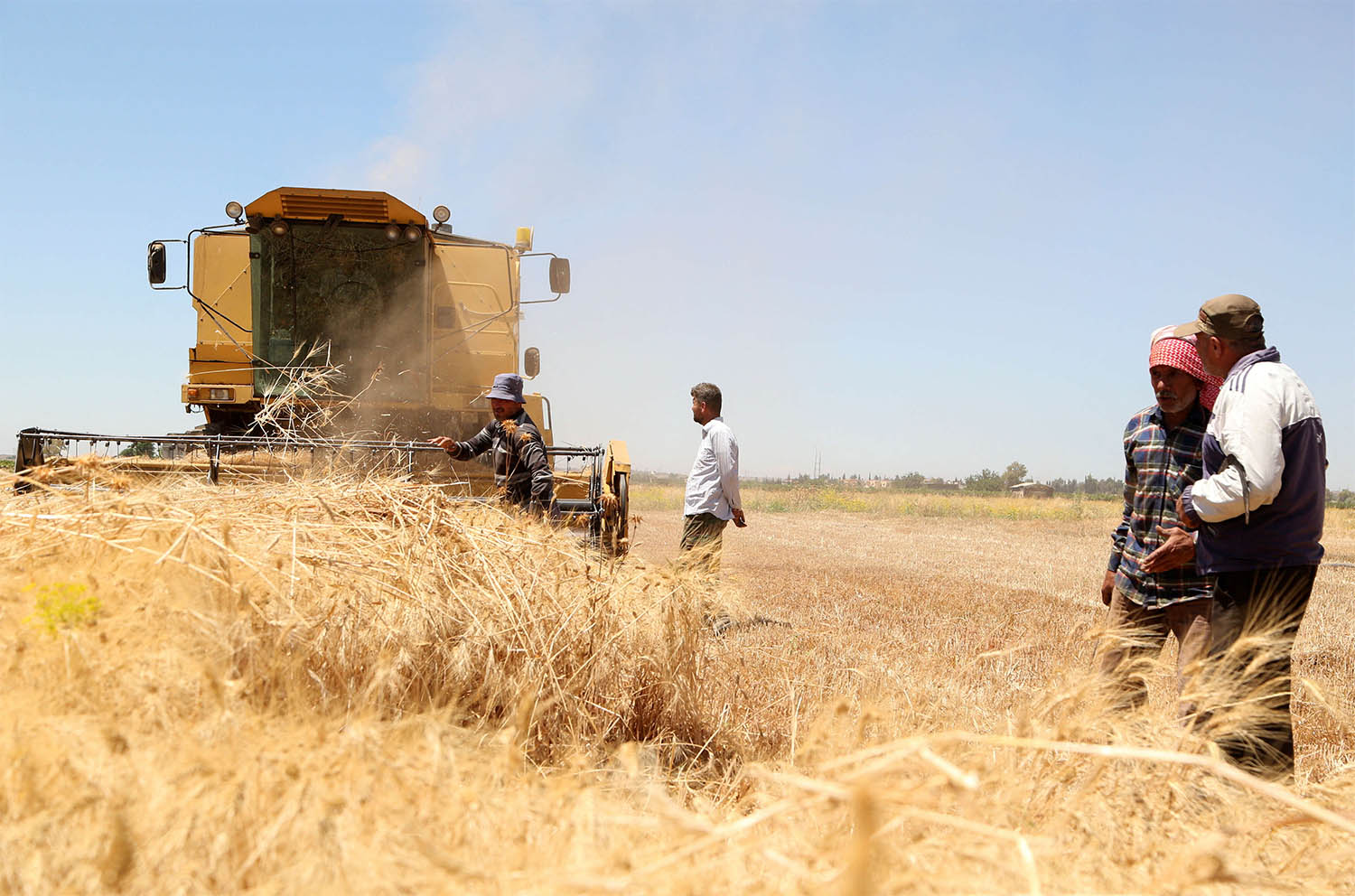Syrian farmers hope sanctions reprieve will restore agriculture
ALEPPO - Severe drought in Syria this year could lead to the failure of an estimated 75% of local wheat crops, according to the United Nations' Food and Agriculture Organisation, threatening the food security of millions of people.
Toni Ettel, the FAO's representative in Syria, told Reuters the agency anticipated a "food shortage of 2.7 million tonnes of wheat for this year, which is sufficient to feed 16.3 million people over one year."
Under former President Bashar al-Assad, Damascus depended on wheat imports from Russia to support a bread subsidy programme during past droughts.
Wheat farmers like Asaad Ezzeldin, 45, have seen their crops fail due to the drought. It has further strained Syria's beleaguered agricultural sector that suffered from fighting and heavy bombardment during 13 years of civil war.
"Agriculture in Aleppo's northern countryside has been hit because of the lack of irrigation. There is no rainfall," he said.
Moscow, a staunch ally of Assad, suspended wheat supplies to Syria soon after Islamist rebels toppled him, citing uncertainties about the country's new authorities.
In a surprise announcement last week, US President Donald Trump said he would order the lifting of all sanctions on Syria. Washington is likely to begin providing some sanctions relief in the coming weeks.
The flow of funds could revive the agriculture sector, providing much-needed technologies for irrigation and infrastructure renewal, Ettel said.
Unable to buy wheat and fuel, Syria's new government had lobbied for a lifting of the sanctions that for years isolated the Syrian economy and made it dependent on Russia and Iran.
Syria's agriculture ministry did not reply to a request for comment.
European Union foreign policy chief Kaja Kallas said on Tuesday she hoped ministers would reach an agreement on lifting EU economic sanctions on Syria. The EU has already eased sanctions related to energy, transport and reconstruction, and associated financial transactions, but some argued this was not enough to support its political transition and economic recovery.


